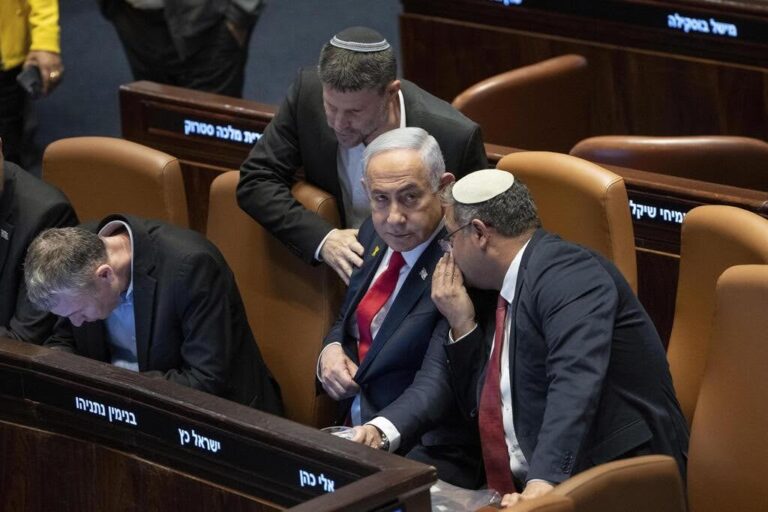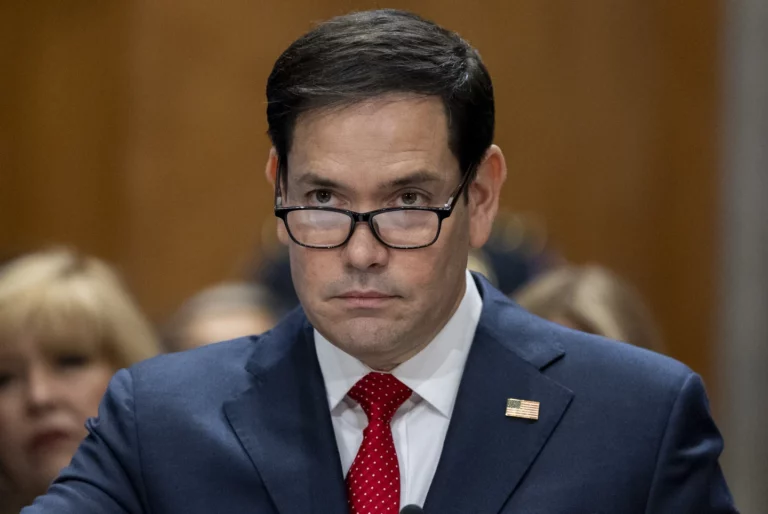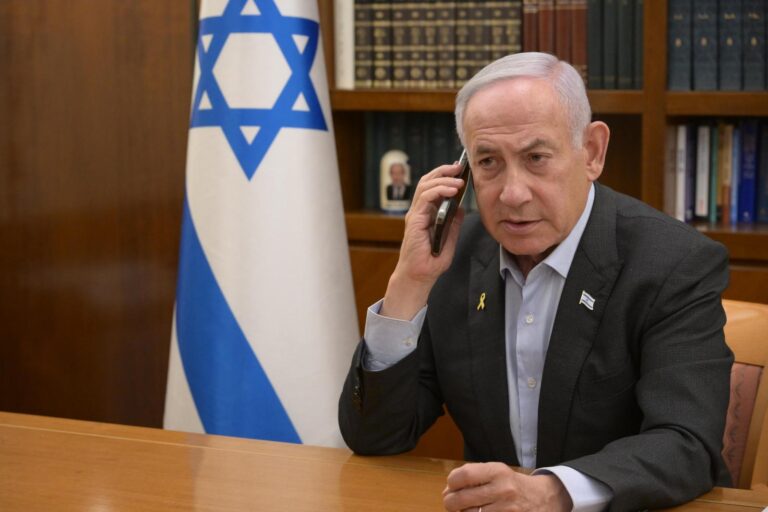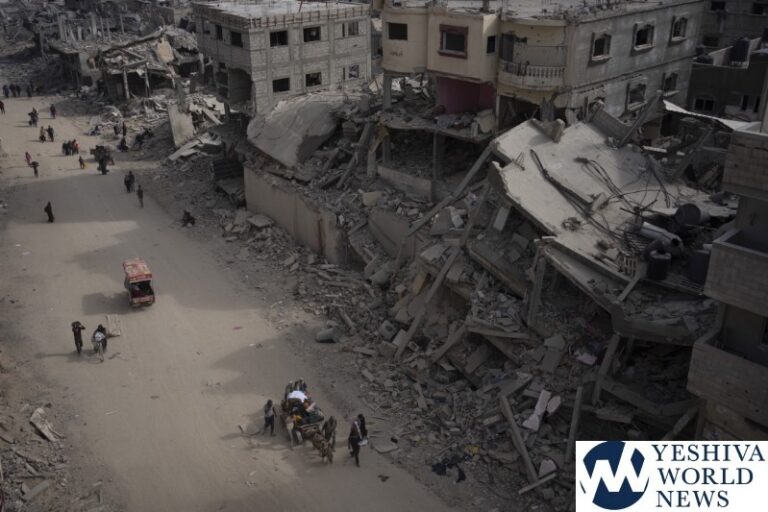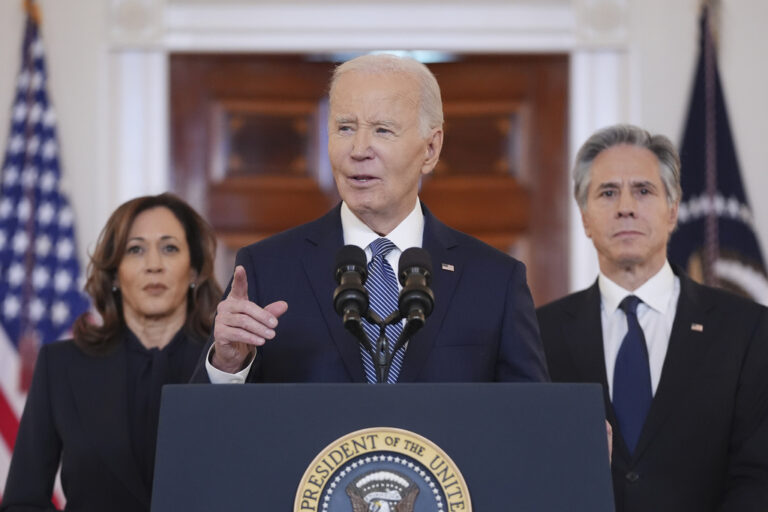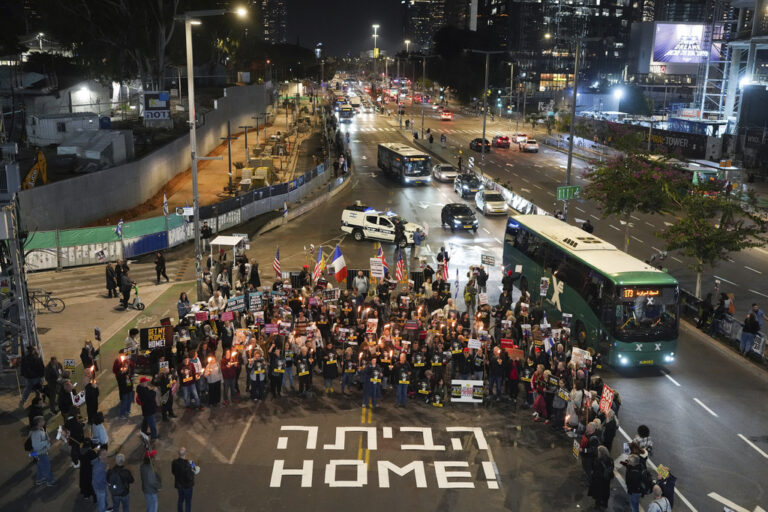 A senior Syrian diplomat said on Tuesday he had voiced his nation’s “deep concern” to the U.N. nuclear chief about the possible risks involved if a research reactor near Damascus were hit during any military strikes against his government.
A senior Syrian diplomat said on Tuesday he had voiced his nation’s “deep concern” to the U.N. nuclear chief about the possible risks involved if a research reactor near Damascus were hit during any military strikes against his government.
Ambassador Bassam Al-Sabbagh’s comments came a day after Russia and the United States clashed over whether the U.N. nuclear agency should analyze the possible impact if the site near the Syrian capital were struck during U.S.-led strikes.
Russia said last week any military action against Syria’s government could have catastrophic effects if the reactor that contains radioactive uranium was hit “by design or by chance”.
Moscow called on the International Atomic Energy Agency (IAEA) to urgently assess the issue with the United States preparing for possible punitive strikes in Syria over an alleged poison gas attack in its civil war.
But the U.S. Ambassador to the IAEA, Joseph Macmanus, told an IAEA board meeting on Monday that such “comprehensive risk analyses of hypothetical scenarios are beyond the IAEA’s statutory authority”.
In a later development on Monday that could avert U.S. strikes, U.S. President Barack Obama said he saw a possible breakthrough in the crisis after Russia proposed that Damascus hand over its chemical weapons for destruction.
Al-Sabbagh, when asked about a meeting with IAEA Director General Yukiya Amano, said his country “strongly” endorsed the Russian request for an assessment by the U.N. agency.
“I expressed our deep concern regarding the possible risks of any military attack on facilities under safeguards agreement,” he told reporters on the sidelines of the board meeting, referring to sites under IAEA monitoring.
The IAEA – which said in a report last month that it was monitoring, via satellite images, the Syrian research reactor, as well as “other locations of safeguards relevance” – was not immediately available for comment.
HIGHLY-ENRICHED URANIUM
Amano said on Monday he was considering the Russian request.
“We assure Director General Amano that the IAEA has the mandate and the responsibility to have this analysis and to present it to the member states,” Al-Sabbagh said. It is a matter related to “nuclear safety and security,” he said.
Moscow is the Syrian government’s most powerful ally and main arms supplier and has blocked U.N. Security Council action sought by Western powers to stop Syria’s war and bring about a political transition. The West has backed the two-and-a-half-year old uprising against Syrian President Bashar al-Assad.
Nuclear experts say Syria’s so-called Miniature Neutron Source Reactor (MNSR), a type of research reactor that is usually fuelled by highly enriched uranium (HEU), is small but that any radioactive fallout might pose a local hazard.
The kilogram of HEU that such a reactor usually holds is only a small fraction of the 25 kg (55 pounds) that would be sufficient to assemble a single nuclear bomb, they say.
The light water reactor was built in the early 1990s and the HEU fuel was enriched to near 90 percent, an IAEA document showed, the same refinement level as needed for atomic arms.
(Reuters)

